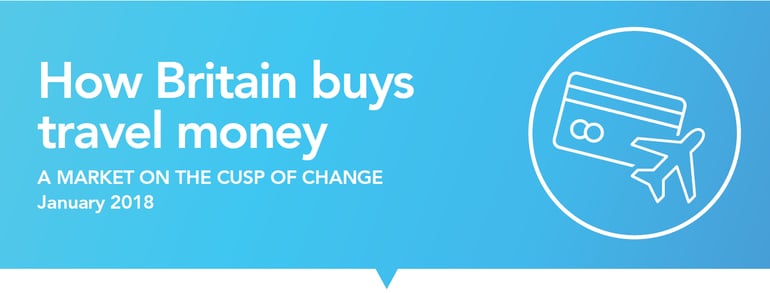
At Consumer Intelligence, our surveys on how customers view their travel money suggest that, while most they want good rates, they don’t want to look too hard for them.
That might explain why peer-to-peer travel cash website WeSwap hasn’t featured on the radar much when we ask what providers most travellers use. While the idea behind WeSwap was sound — people in one country swapping currency directly with another to save cash — getting the rates wasn’t as simple as a trip to the bureau de change or using a more conventional prepaid card. What’s more, you couldn’t use the card everywhere, making it a slightly restrictive option.
In recent months, the service has become more user-friendly, and you can now use a WeSwap card to pay anywhere in the world. It now looks more like rivals such as Monzo and Revolut, with similar abilities to block and unblock lost cards, and the carrot of lower rates and charges if you choose to swap in advance rather than in the moment.
Users can swap money into 18 currencies, or use their home currency to spend anywhere in the world with an instant conversion. Swapping in advance will give better rates. WeSwap charges 2% above the mid-market exchange rate for swaps that are carried out instantly, dropping as low as one per cent if you are prepared to wait a week. You can take money out of an ATM for free, as well, as long as you withdraw £200 or more at a time.
WeSwap looks great when compared with standard UK debit cards and credit cards for spending abroad, but the offer is less attractive when compared with other Fintech offerings. Revolut, for example, doesn’t charge overseas fees at all (except for a small amount at weekends), but does charge a £5 fee for the card then for ATM withdrawals over £200, so if customers are mainly going to use it as a spending card rather than for cash withdrawals, this may have the edge.
What will it take for Britain’s more conservative travel customers to switch from conventional travel money to these cards that can give them better rates? Consumer Intelligence’s research suggests that younger travellers are already beginning to embrace the prepaid card market, and all it can give them. The popularity of app-based banking from the likes of Monzo suggests that acceptance of this type of technology is only going to increase, with travellers expecting to use an app (as with Revolut, Monzo and WeSwap) in conjunction with their cards to manage their travel money and tag spending.
While WeSwap looks less and less like a peer-to-peer site and more and more like its rivals, travellers who use it are unlikely to care as long as they can get the best rates. Conventional travel money providers should take note.
Travel money: how Britain buys travel money
 Consumer Intelligence’s biannual travel money survey reveals a detailed picture of the UK travel money market. Our last survey involved 1,096 online interviews in October 2017. Here are some highlights.
Consumer Intelligence’s biannual travel money survey reveals a detailed picture of the UK travel money market. Our last survey involved 1,096 online interviews in October 2017. Here are some highlights.
Post a comment . . .



Submit a comment